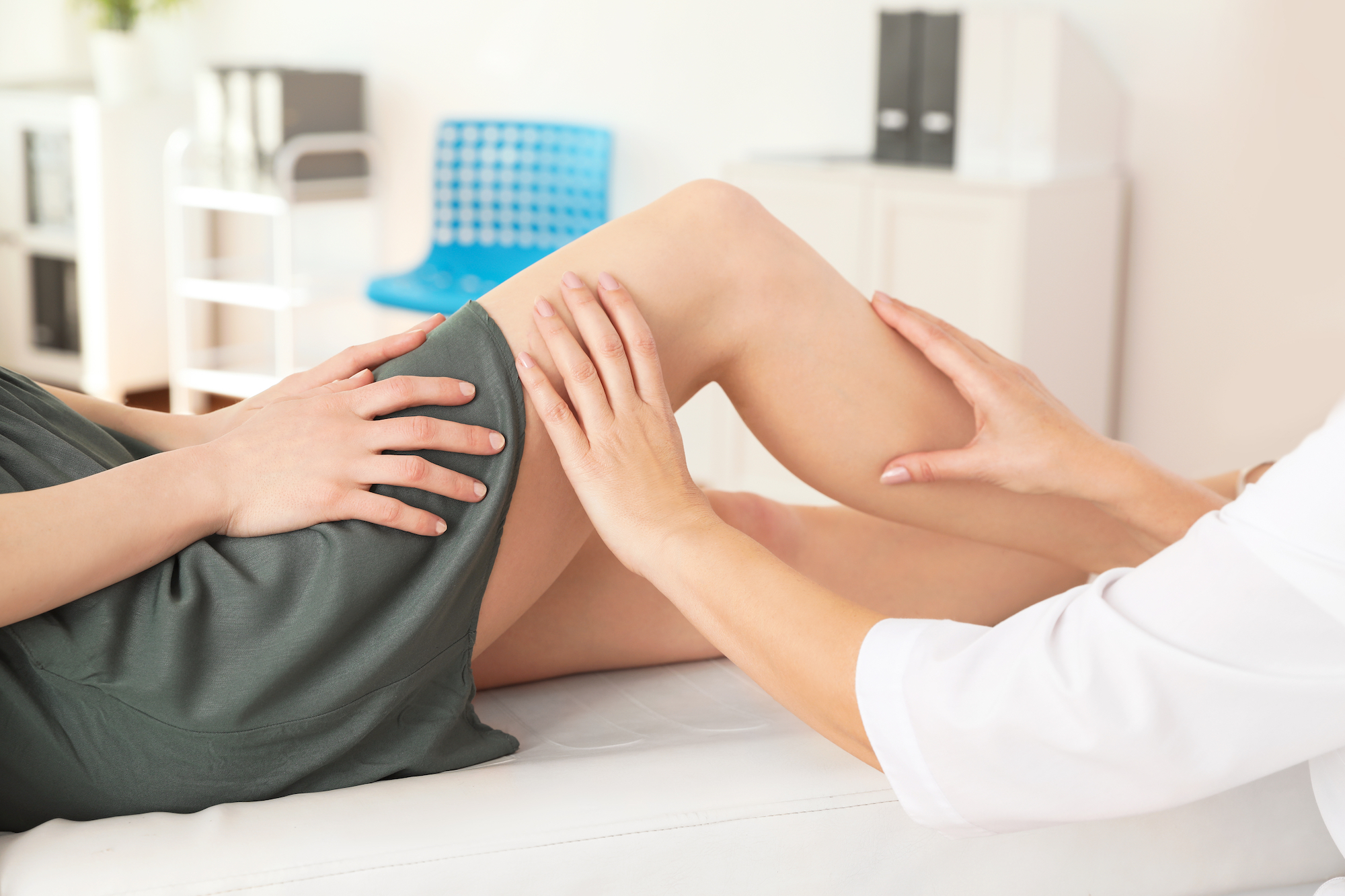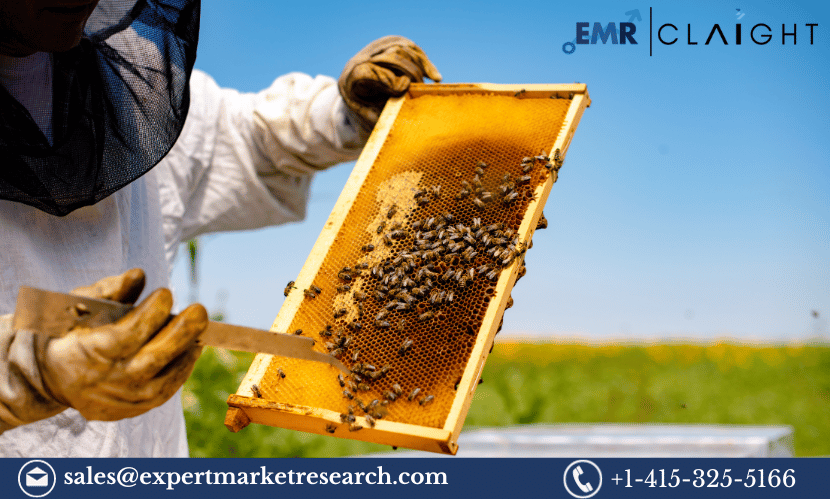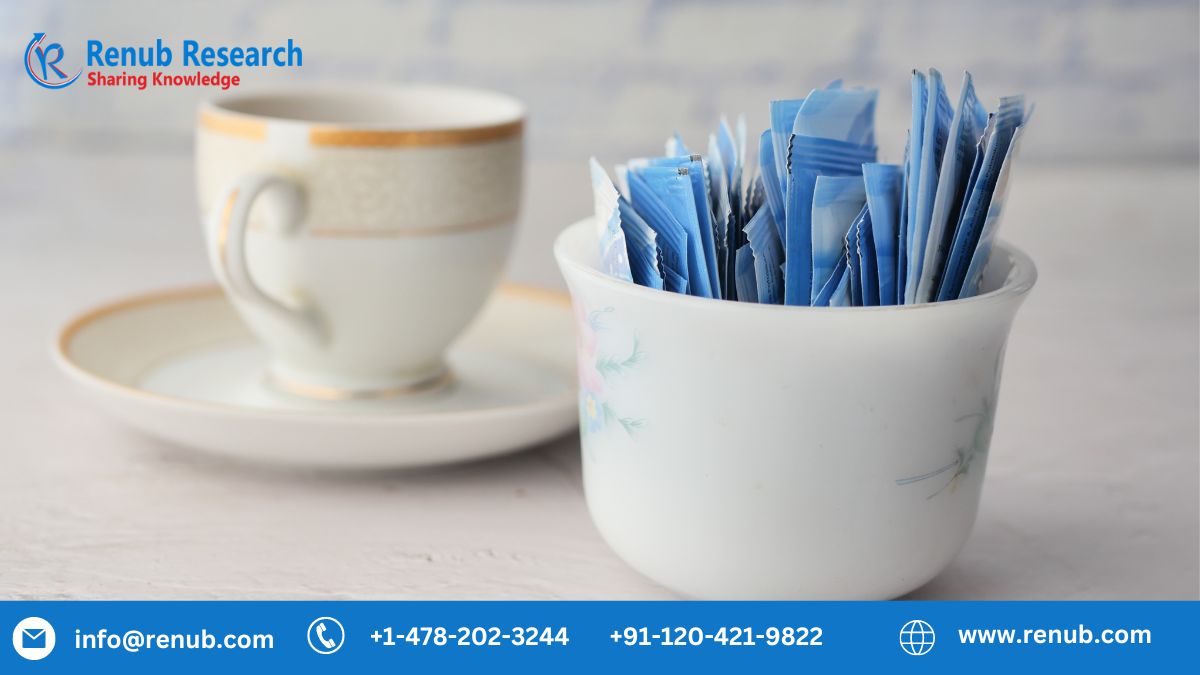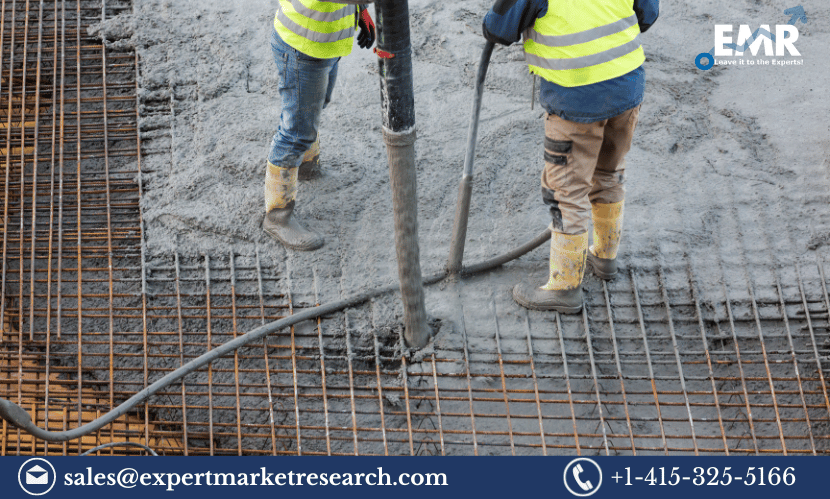Varicose veins are a common medical condition that affects millions of people worldwide. These enlarged, twisted veins can cause discomfort, pain, and aesthetic concerns. If you or someone you know is dealing with varicose veins, you may be wondering, “What are the treatment options for varicose veins?” In this comprehensive guide, we will explore the various treatment options available and shed light on the essential role vein centers play in managing this condition.
Understanding Varicose Veins:
Varicose veins are often a result of weakened or damaged valves in the veins, primarily in the legs. These valves are responsible for ensuring blood flows back to the heart against gravity. When they become faulty, blood can pool in the veins, leading to their enlargement and the development of varicose veins. Factors like genetics, age, obesity, and prolonged standing can increase the risk of developing varicose veins.
Lifestyle Changes And Self-Care Measures
Before delving into medical treatments, it’s important to highlight that not all cases of varicose veins require medical intervention. For mild symptoms or as a preventative measure, lifestyle changes and self-care measures can be highly effective:
Exercise: Regular physical activity, such as walking and swimming, can improve circulation and strengthen leg muscles, helping blood flow more efficiently.
Weight Management: Maintaining a healthy weight reduces pressure on your veins, decreasing the risk of varicose veins.
Elevation: Elevating your legs above heart level periodically can help alleviate symptoms and reduce swelling.
Compression Stockings: These specially designed stockings provide external pressure on the veins, aiding blood flow and reducing discomfort.
Conservative Treatments
If lifestyle changes are not sufficient or if symptoms worsen, conservative treatments may be recommended:
Sclerotherapy: This minimally invasive procedure involves injecting a solution into the affected vein, causing it to collapse and eventually fade away.
Endovenous Laser Ablation (EVLA): A laser fiber is inserted into the affected vein, emitting laser energy to seal the vein shut. Blood is then rerouted to healthier veins.
Radiofrequency Ablation (RFA): Similar to EVLA, RFA uses radiofrequency energy to heat and seal the damaged vein.
High Ligation and Vein Stripping: This traditional surgical method involves tying off and removing the affected vein through small incisions.
Advanced Medical Procedures
In cases where varicose veins are severe or unresponsive to conservative treatments, advanced medical procedures may be necessary:
Venaseal Closure System: This procedure uses a medical adhesive to seal the affected vein. It is minimally invasive and requires no heat or surgery.
Clarivein: A minimally invasive technique that uses a rotating wire and chemical solution to treat varicose veins effectively.
Ambulatory Phlebectomy: A minimally invasive procedure that involves the removal of varicose veins through small incisions. It is often used in combination with other treatments.
The Role Of Vein Centers
Vein centers play a crucial role in the diagnosis, treatment, and management of varicose veins. They are specialized medical facilities staffed by experts in venous diseases, including vascular surgeons, interventional radiologists, and phlebologists. Here’s what vein centers do:
Diagnosis: Vein centers use advanced diagnostic tools like ultrasound to accurately assess the extent and severity of varicose veins. This helps determine the most appropriate treatment plan for each patient.
Customized Treatment Plans: Vein specialists at these centers create personalized treatment plans tailored to each patient’s unique condition and needs.
State-of-the-Art Technology: Vein centers are equipped with the latest technology and equipment, ensuring patients have access to the most effective and minimally invasive treatments available.
Minimally Invasive Procedures: Vein centers specialize in minimally invasive procedures, which means shorter recovery times, less pain, and fewer complications for patients.
Patient Education: Vein specialists educate patients about their condition, treatment options, and lifestyle changes to help manage varicose veins effectively.
Conclusion:
Varicose veins can be more than just a cosmetic concern; they can cause discomfort and pain if left untreated. The good news is that a wide range of treatment options exists, from conservative measures to advanced medical procedures. The key to successful treatment lies in early diagnosis and a personalized approach to care.
If you’re wondering, “what do vein centers do?” remember that vein centers are your go-to resource for expert guidance and minimally invasive treatments. With their specialized knowledge and state-of-the-art technology, vein centers can help you regain comfort and confidence by effectively managing varicose veins. Don’t hesitate to seek professional advice and explore the treatment options available to you, ensuring a healthier and more comfortable future.





